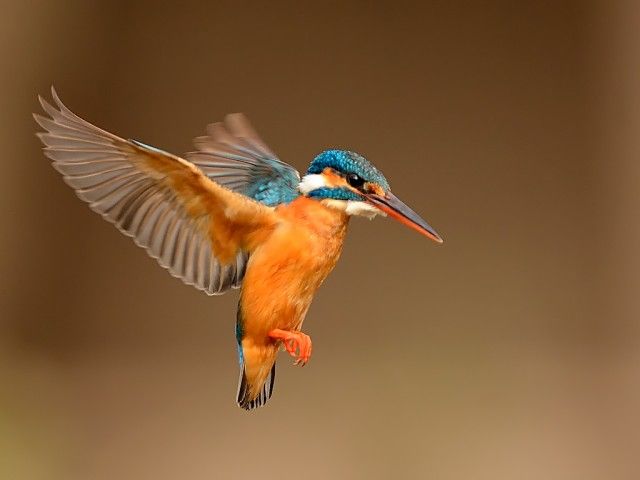Prose

Celebrate
And eyes beholding radiance. And the gnats' flickering dance. And the seas' expanse. And death, and chance.
Read More
Rivers of You
A short piece which plays with the pronouns 'I' and 'you', and floats somewhere between on the beat of broken sentences.
Read More
Father Time
Some rare biographical writing about my experiences in England while studying, and all of the many ways in which it is possible to traverse time.
Read More
There's You In Everything I Do
Consider again that every 'I' who speaks implies a 'you' who is listening, in whose response that 'I' will become 'you'.
Read More